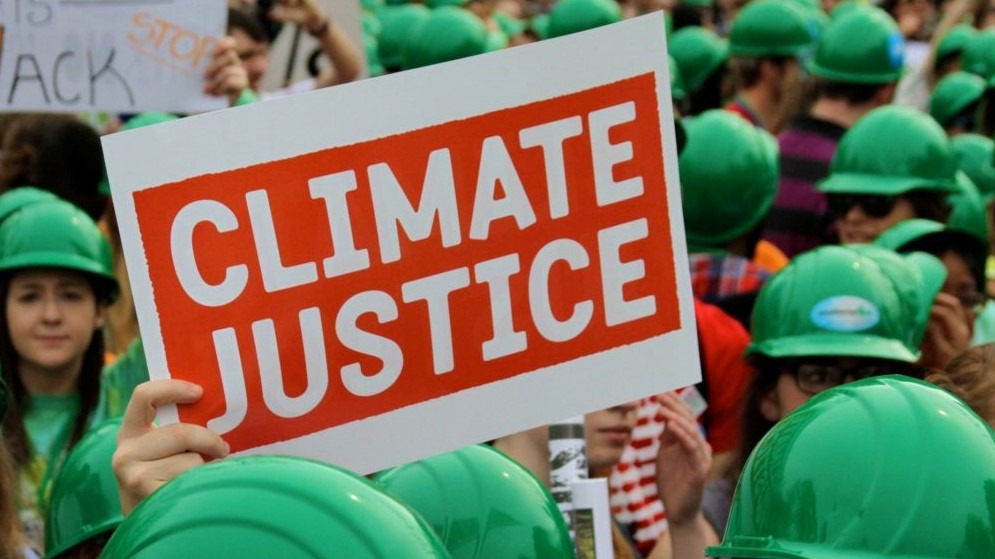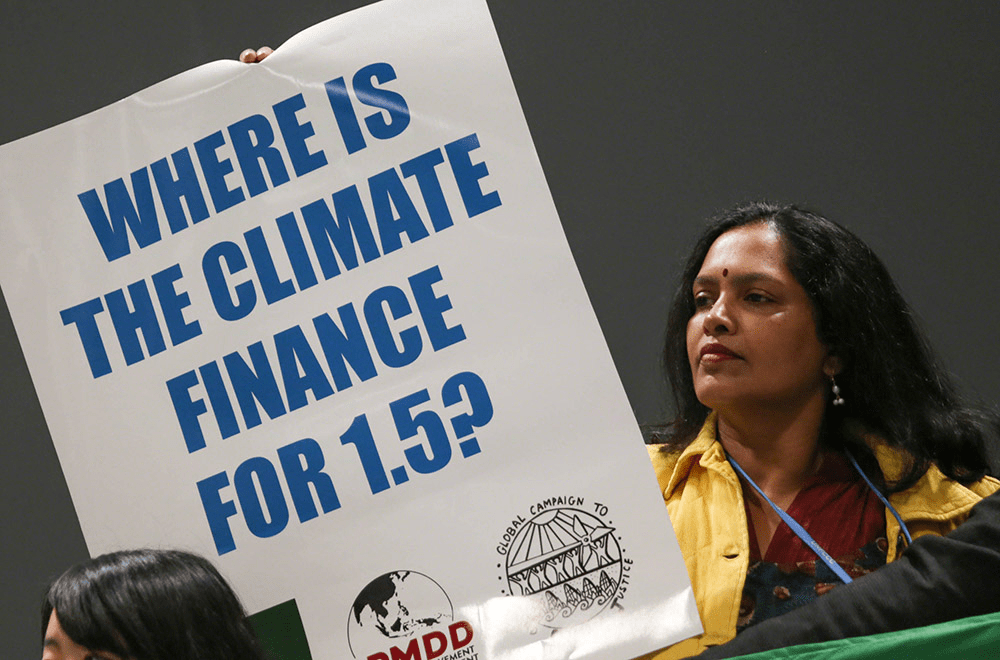Nicaragua Solidarity Campaign Action Group
18 November 2020
Nicaragua reiterates demands for climate justice

Climate change has warmed the waters of the Pacific and the Atlantic causing hurricanes of much greater frequency and intensity. This Atlantic storm season has been the worst in history with 30 named tropical storms including 13 hurricanes.
Nicaragua and Honduras have faced the unprecedented, catastrophic consequences of two major hurricanes in two weeks.
The second hurricane, named Iota, brought winds of up to 150mph and two feet of torrential rain that fell on ground already saturated by Hurricane Eta two weeks previously.
Six people lost their lives in severe floods: initial government estimates indicate that 80,000 families have been uprooted or otherwise affected.
A major government mobilisation continues across the country involving 40,000 community brigadistas as well as government agencies and the military.
At the same time as confronting the enormous challenges the country faces, the Nicaragua government has reiterated its international demands for climate justice.
They include the following:
- A dramatic increase in commitment and action on the part of the largest polluters (10 countries are responsible for 83% of global carbon emissions)
- That the provisions of the Warsaw International Mechanism for Loss and Damage agreed at COP19 in 2013 are upheld. This establishes ‘common but differentiated responsibilities’ for climate change recognising the historic responsibilities of the largest polluters. However, this was effectively nullified under the Paris Agreement to become ‘we are all responsible for climate change and we all have to contribute to the solution’.
- Nicaragua has consistently argued that the largest polluters must not only drastically reduce their emissions but also pay compensation to countries such as Nicaragua who are suffering the consequences of the climate crisis for which they are the least responsible.
- Climate financing must take into account not only funding for mitigation and adaptation but also reparations

Dr Paul Oquist, Nicaraguan representative to the UN on climate change, argues that ‘despite the high level of social and economic destruction caused by Covid-19, its impact on humanity will be small, transient and recoverable compared to the total, permanent, and irreversible damage of the catastrophic destruction caused by climate extremes.’

